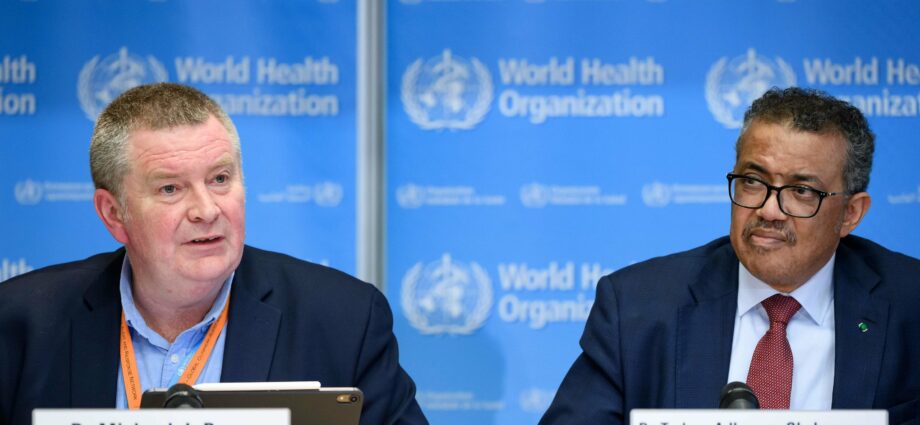Mataupu
According to experts from the World Health Organization, WHO, there is a ” high probability That new, more contagious variants appear. According to them, the coronavirus pandemic is far from over.
New, more dangerous strains?
In a press release, specialists warn of the probable appearance of new strains of the Sars-Cov-2 virus that may be more dangerous. Indeed, after a meeting, the WHO Emergency Committee indicated on July 15 that the pandemic was not over and that new variants would emerge. According to this Committee, which has the role of advising the management of the UN agency, these variants will be worrying and potentially more dangerous. This is what is stated in the press release, “ there is a high probability of the emergence and spread of disturbing new variants that are possibly more dangerous and even more difficult to control “. Professor Didier Houssin, the President of the Emergency Committee, told the press that “ 18 months after the declaration of an international public health emergency we continue to chase the virus and the virus continues to chase us ".
For the moment, four new strains are classified in the category “ disturbing variants “. These are the Alpha, Beta, Delta and Gamma variants. In addition, the only solution to avoid serious forms of Covid-19 is the vaccine and efforts must be made to distribute the doses evenly between the countries.
Maintain vaccine equity
Indeed, for the WHO, it is essential to ” continue to tirelessly defend equitable access to vaccines “. Professor Houssin then details the strategy. It is necessary ” an equitable distribution of vaccines in the world by encouraging the sharing of doses, local production, the liberation of intellectual property rights, technology transfers, the rise of production capacities and of course the financing necessary to implement all these activities ".
On the other hand, for him, it is not necessary, for the moment, to have recourse to ” initiatives that could worsen inequity in access to vaccines “. For example, again according to Prof. Houssin, it is not justified to inoculate a third dose of vaccine against the coronavirus, as the pharmaceutical group Pfizer / BioNtech recommends.
In particular, it is essential that disadvantaged countries can administer the serum, as some have not yet been able to immunize 1% of their population. In France, more than 43% of people have a complete vaccination schedule.










